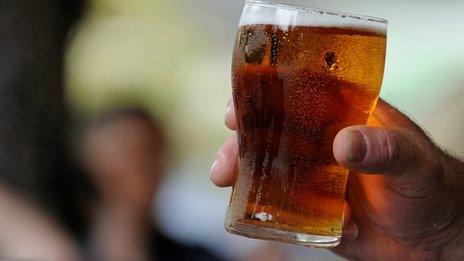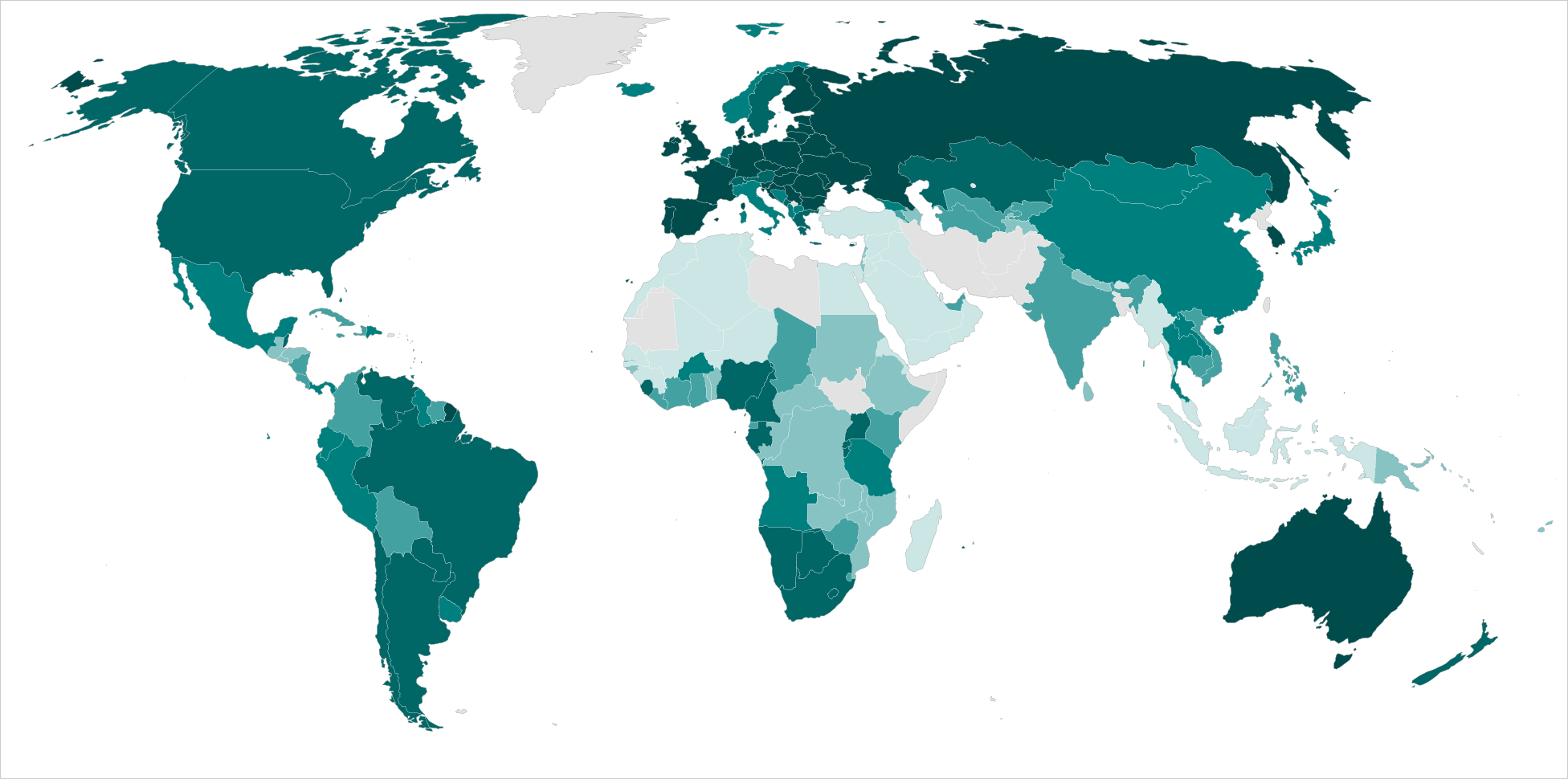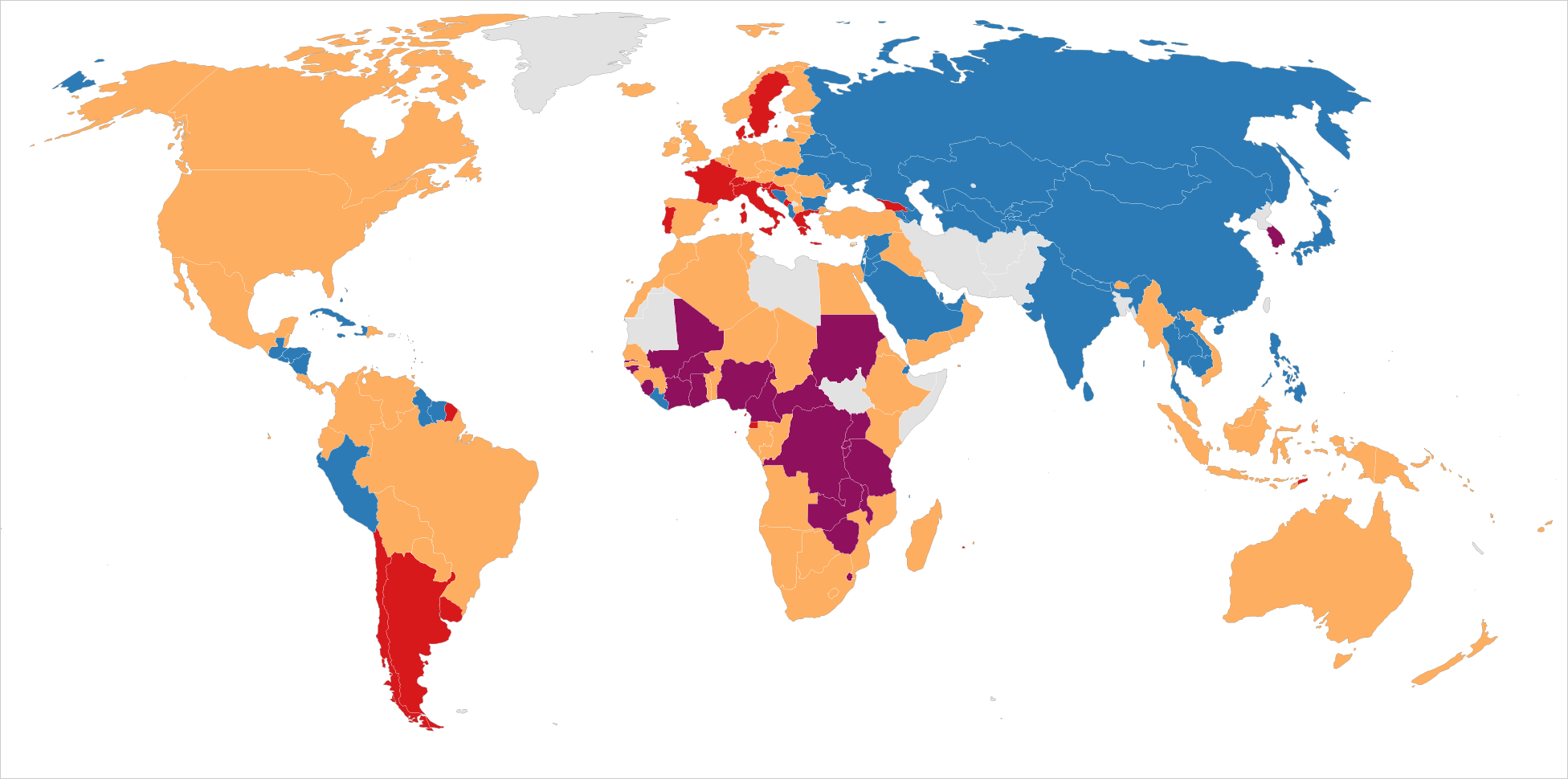Easter: Irish pubs lift Good Friday alcohol ban
- Published
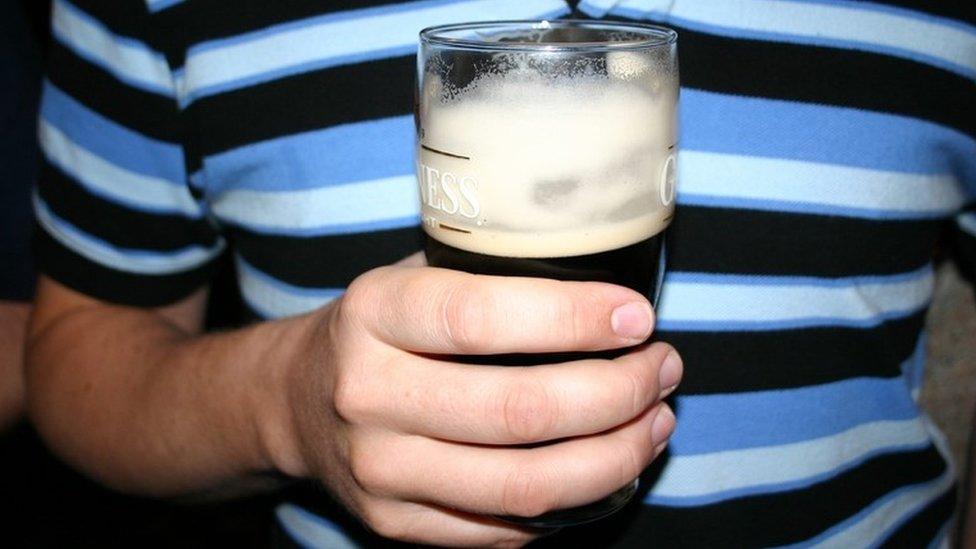
Good Friday is about to get better for publicans in the Republic of Ireland. Why? Because they can finally toast the Easter holiday with a pint.
For almost a century, selling alcohol had been banned on Good Friday - a legacy of Ireland's Christian traditions.
But in January 2018 the Irish parliament passed new legislation which means this year will be different.
So what's the story for 2018? And who stands to gain from the change?
What's different this year?
Pubs in the Republic will welcome Easter revellers from 10:30 until closing time at 00:30.
Off-licences may see some changes too, with fewer booze-desiring customers stocking up a day in advance.
Good Friday is traditionally a popular time for house parties in the Republic, as friends and loved ones gather at home instead of the local boozer. But with the pub doors suddenly open, some may decide they'd rather skip the washing-up.
It's good news for tourists seeking a tipple too. On Good Fridays past, hapless foreigners unaware of the drinks ban could be found wandering the streets of Dublin in a futile search for a pint. The most dedicated were even spotted boarding trains or ferries to exploit an infamous loophole - the on-board bar.
Why did the law change?
Easter is a busy tourist period, and the extra day's trade is set to boost the Irish economy.
According to publicans' group the Vintners Federation of Ireland (VFI) - whose interest is clear - it could generate as much as 40m euros (£35m; $49m) in sales - plus 7m for the exchequer through VAT and excise duty.
"The Good Friday ban is from a different era," the group's chief executive, Padraig Cribben, said. "Like all other businesses who were never subject to a ban, publicans now have a choice to open."
...but is everyone toasting the change?
The Roman Catholic Church held considerable influence in the Republic historically, and some would still prefer an alcohol-free Friday on religious grounds.
Back in January, critics said the altered legislation also undermined the government's goal of reducing the harm caused by alcohol.
Independent TD (Irish member of parliament) Maureen O'Sullivan spoke frankly, asking: "Are we saying that the only tourists we want are those who can't last 24 hours without buying a drink in a public house?"
"I actually think we could do with a few Good Fridays throughout the year," she added.
Perhaps mindful that not everyone approves of them opening, some hostelries have decided to give their Good Friday takings to charity.
And in rural Newmarket, a little town in Cork, the six local publicans put their heads together - and agreed to keep their doors bolted, external.
John Scanlon of Scanlon's Bar explained: "We have only two days off each year, Christmas Day and Good Friday, and we want to hold on to that. It is a day publicans want to spend with their families."
What about north of the border?
In Northern Ireland pubs can open on Good Friday but may only serve alcohol between 17:00 and 23:00.
The hospitality sector has called for the North to have the same options as the Republic.
Colin Neill, chief executive of Hospitality Ulster, believes serving restrictions will cost the North's pubs and restaurants £20m, external in trade over the Easter weekend.
What's your drinking nationality?
How does your drinking measure up to the average in countries around the world? Find out below if you are similar to a boozy Belarusian or a teetotal Kuwaiti.
If you cannot see the calculator, click here.

- Published25 January 2018
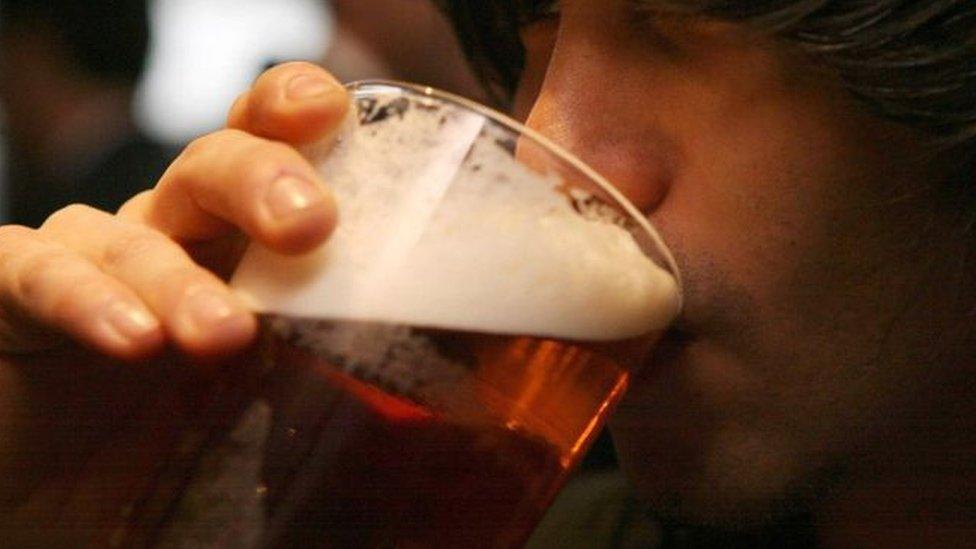
- Published29 March 2013
